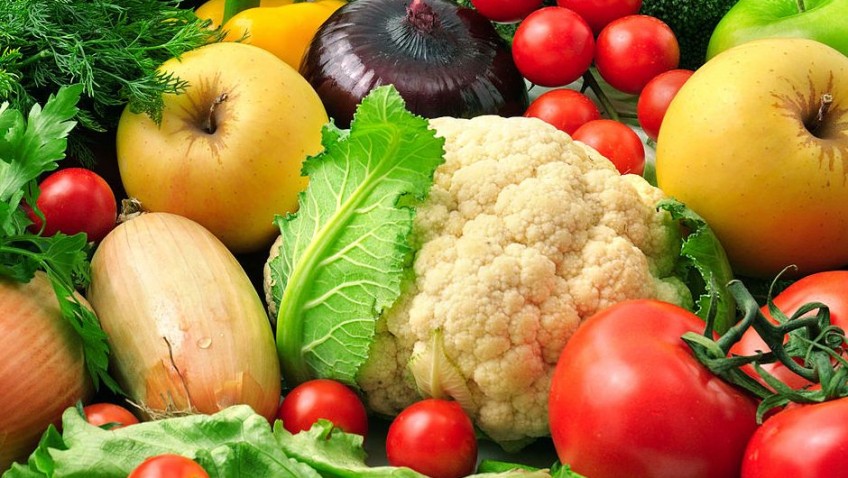Cholesterol is a fatty substance known as a lipid and is vital for the normal functioning of the body. It is mainly made by the liver, but can also be found in some foods.
High levels of lipids in your blood (hyperlipidemia) can have an effect on your health. High cholesterol itself does not cause any symptoms, but it does increase your risk of serious health conditions.
Cholesterol is carried in your blood by proteins, and when the two combine they are called lipoproteins. There are both harmful and protective lipoproteins known as LDL and HDL, or ‘bad’ and ‘good’ cholesterol.
- Low-density lipoprotein (LDL): LDL carries cholesterol from your liver to the cells that need it. If there is too much cholesterol for the cells to use, it can build up in the artery walls, leading to disease of the arteries. For this reason, LDL cholesterol is known as “bad cholesterol”.
- High-density lipoprotein (HDL): HDL carries cholesterol away from the cells and back to the liver, where it is either broken down or passed out of the body as a waste product. For this reason, it is referred to as “good cholesterol” and higher levels are better for you.
The amount of cholesterol in the blood (both LDL and HDL) can be measured with a blood test. The recommended cholesterol levels in the blood vary between those with a higher or lower risk of developing arterial disease.
Why should I lower my cholesterol?
Evidence strongly indicates that high cholesterol can increase the risk of:
- narrowing of the arteries (atherosclerosis)
- heart attack
- stroke
- mini-stroke (TIA)
This is because cholesterol can build up in the artery wall, restricting the flow of blood to your heart, brain and the rest of your body. It also increases the chance of a blood clot developing somewhere in the body.
There are many factors that can increase your chance of having heart problems or stroke if you have high cholesterol, including the following:
- an unhealthy diet: some foods already contain cholesterol (known as dietary cholesterol), but it is the amount of saturated fat in your diet which is more important
- smoking: a chemical found in cigarettes called acrolein stops HDL transporting fatty deposits to the liver, leading to narrowing of the arteries (atherosclerosis)
- having diabetes or high blood pressure (hypertension)
- having a family history of stroke or heart disease
There is also an inherited condition known as familial hypercholesterolaemia (FH). This can cause high cholesterol even in someone who eats healthily.
If lifestyle changes, including maintaining a healthy diet, regular exercise and stopping smoking, don’t reduce your cholesterol and you continue to be at a high risk of heart disease, your GP may prescribe a cholesterol-lowering medication such as statins. The risk of any side effects from medication will be taken into account before prescription.





